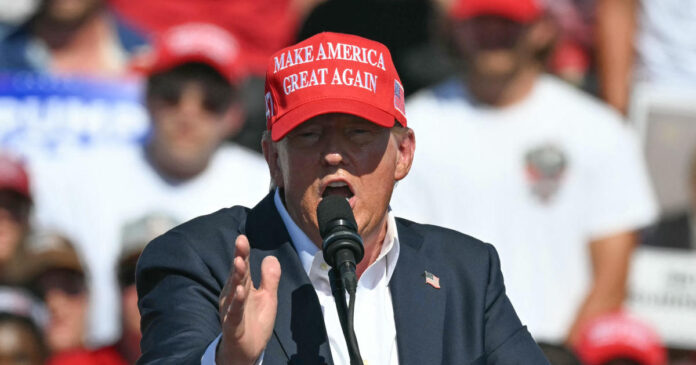Key Falsehoods or Claims: According to the IMF, the main falsehood in Trump’s tariff strategies is the claim that tariffs will benefit the US economy. The IMF warns that these tariffs will actually hurt both the US and global economy, leading to reduced growth and increased costs for consumers.
Source: The New Republic is a left-leaning publication, so it may have a bias against Trump’s policies. However, the IMF’s warning about the negative impact of tariffs is backed by economic analysis and data.
Analysis of Impact: Trump’s persistent promotion of tariffs as beneficial may have shaped public opinion to believe that they are necessary for economic growth and protection of American jobs. This could lead to increased support for his policies, despite evidence to the contrary. Additionally, the article suggests that the imposition of tariffs without evidence of their effectiveness poses a threat to our democratic process by allowing misinformation to drive policy decisions.
Hypothetical Public Reactions: If the misinformation about tariffs continues to gain traction, it could lead to a situation where voters are misled into supporting policies that ultimately harm the economy. This could also fuel further polarization and distrust in the government and media.
Further Reading: For reputable sources on media influence and misinformation studies, I recommend “The Misinformation Age: How False Beliefs Spread” by Cailin O’Connor and James Owen Weatherall, as well as “Network Propaganda: Manipulation, Disinformation, and Radicalization in American Politics” by Yochai Benkler, Robert Faris, and Hal Roberts. These books provide valuable insights into the impact of misinformation on public opinion and democratic processes.
Source link
Redirect URL
